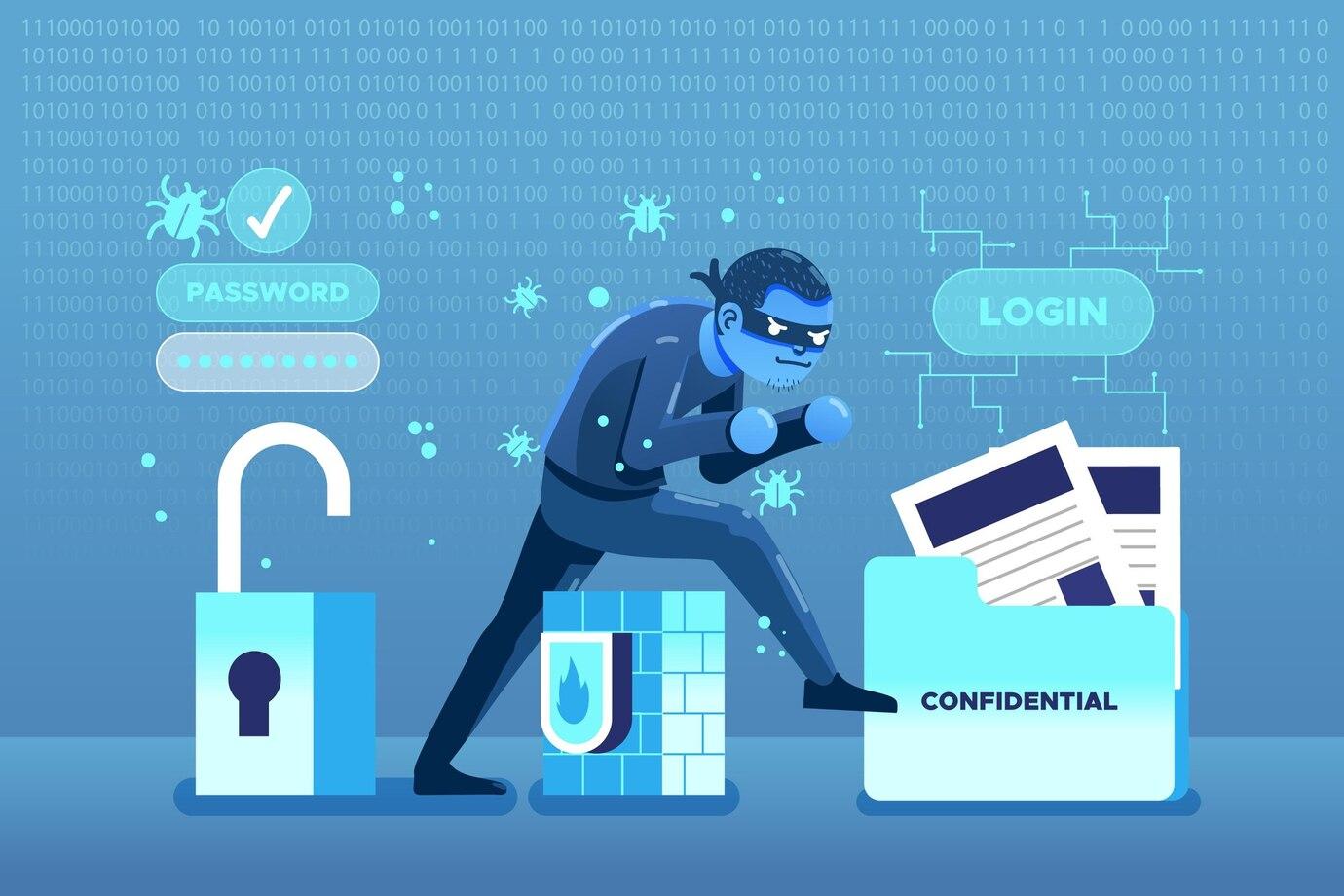In recent years, the use of VPNs (Virtual Private Networks) and anonymous networks has become popular among internet users. This technology provides an additional level of privacy and security while surfing the web, which is especially relevant amidst growing cybersecurity threats. However, despite the positive aspects of using VPNs, there is a flip side – scammers are adopting these technologies to hide their criminal activities.
What are VPNs and Anonymous Networks?
To begin with, it's important to understand what VPNs and anonymous networks are. A VPN – is a technology that allows users to create an encrypted tunnel between their device and the internet. This ensures data protection and hides the user's real IP address, providing the server address they are using. Users can access blocked resources while maintaining their anonymity online.
Anonymous networks, such as Tor, provide an even higher level of anonymity by routing traffic through multiple nodes, hiding the user's end IP address. These networks are used both by law-abiding citizens to protect their privacy and by criminal elements to cover their tracks.
How Scammers Use VPNs to Hide Their Actions
One of the main reasons scammers use VPNs is the ability to hide their real IP address. This allows them to operate anonymously, avoiding tracking and connection to local laws. For example, if a scammer from one country commits actions that could be qualified as a crime, they can use a VPN to connect to a server in another country, thus complicating the identification process for law enforcement agencies.

Fraudulent Schemes with Fake VPNs
Cybercriminals also create fake VPN services that pose as legitimate and secure. These services can collect user data such as logins and passwords, and then use this information for further fraudulent actions. Some fake VPN programs may even be used to install malware on the user's device, giving criminals access to personal information.
Fake VPN services are often advertised on forums and social media, where their popularity grows among those looking for ways to surf the internet anonymously. These fraudulent schemes can be very effective, as they create an illusion of security, enticing users to turn to them for protection.
Additionally, VPNs provide scammers with cover for carrying out other undesirable actions, such as data theft, malware distribution, and hacking attacks. For example, cybercriminals can use virtual private networks to access victims' accounts through phishing and other methods. By hiding their IP address, they make it significantly more difficult for law enforcement agencies to find and arrest them.

What is the Darknet and Its Connection to Fraud
The darknet – is a closed part of the internet, access to which can only be obtained through special programs such as Tor. Unlike the surface web, where information is open and available to everyone, in the darknet information is hidden, and access often requires certain technologies and knowledge.
The darknet attracts people seeking anonymity and unfortunately provides an ideal platform for scammers. Various illegal transactions, searches for cyberattack services, and the purchase of stolen data take place here.
Scammers in the Darknet
In the darknet, scammers offer a wide range of services and goods, from drugs to stolen credit cards. The anonymity provided by the darknet allows them to operate almost with impunity. Sellers and buyers use cryptocurrencies for transactions, which further complicates the tracking of financial flows.
In the darknet, cybercriminals also trade hacking services, such as conducting DDoS attacks, account hacking, and malware distribution. Since users trust the anonymity, they are less inclined to involve law enforcement even if they become victims of fraud.

Using Tor for Cybercriminals
The Tor software allows users to hide their identity and location while surfing the internet. Although the developers of Tor claim that their goal is to protect privacy, scammers skillfully use this technology to transport their goods and services. When attackers commit crimes using Tor, they believe that the likelihood of their detection is extremely low.
Concealing Cybercrime Tracks
The goal of cybercriminals – is to make their actions invisible in electronic space. They use a variety of technologies and methods to hide the traces of their actions, including using VPNs, proxy servers, and anonymous networks.
VPNs and proxy servers provide the ability to hide IP addresses, change the user's location, and properly protect personal data. Scammers can connect through multiple countries, creating a tangled network that makes it difficult to track their actions.
Theft and Sale of Data
One of the most common crimes on the internet is data theft. Scammers can dump user data on the internet, gaining access to personal information such as credit card numbers, addresses, and account logins. Using their anonymity, they can sell this data on the black market, where there is a high demand for such services.

Cybercriminals often use "data packages" that contain information about multiple victims, allowing them to sell in large batches, minimizing the risk of detection. This creates an opportunity for other scammers to acquire stolen data and use it for further criminal schemes.
Scammers can also use temporary email addresses and anonymous payment methods such as cryptocurrencies to further reduce their chances of capture. Each of these actions is aimed at creating a barrier between them and the law.
In the context of the constant growth of cybersecurity threats, using VPNs and anonymous networks has become relevant for both law-abiding citizens and scammers. Understanding how law violations occur in this context is extremely important for improving user security online. Although these technologies provide important tools for ensuring privacy, they are also used by cybercriminals to hide their actions.
